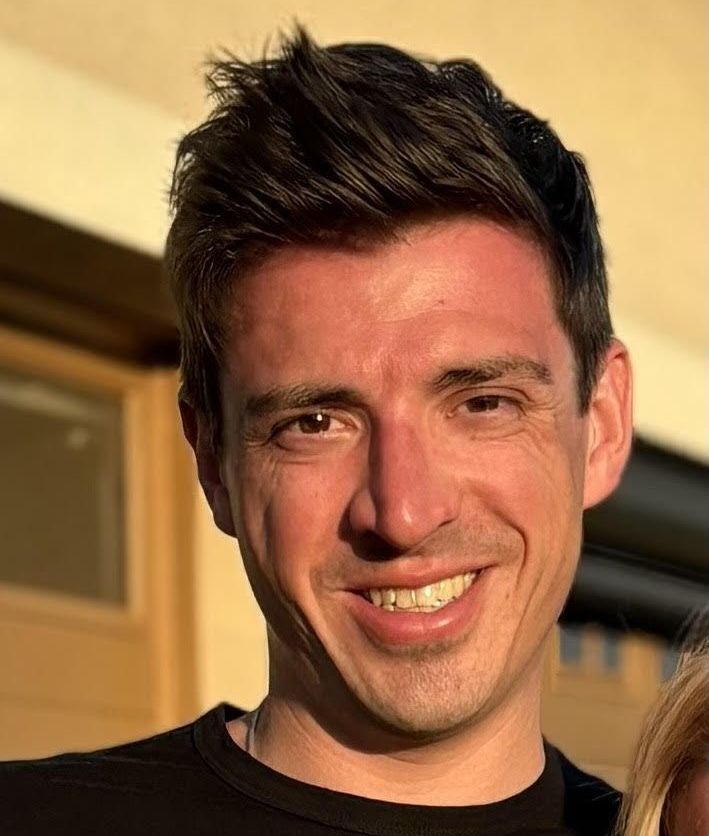
Senior DevOps Engineer, Stites & Harbison PLLC
Alexandria, VA
As a Senior DevOps Engineer in the legal industry, most of Greg’s job centers around process automation, leading new technology initiatives, and financial analysis and reporting. In practice, that involves building tools to streamline work, integrating systems, and creating dashboards that provide a clear view of important financial metrics. Greg says, “My team and I work on a wide variety of projects, but have recently shifted our focus to building an internal work platform. This has been one of the more fun and memorable projects, as we’re implementing new AI related tools to handle some of our most complex tasks. Outside of work, I dedicate my time to a few passion projects, one of which is an analytics application for online sports gambling, which has been a major creative outlet. It’s also pushed me to work with new systems, learn new languages, and refine my data modeling process.”
Greg’s path to the tech world was, as he puts is, a bit unconventional. “It really began when I taught myself Visual Basic and developed automation software for my day job. Initially, I began automating tasks out of necessity, as most of our processes were incredibly outdated and manual, but it quickly became more of a passion project. As my experience and knowledge grew, I expanded the applications and onboarded new users so colleagues could benefit from the tools as well. Eventually, they caught the attention of leadership, and I was brought into the IT and business side of the organization to build similar applications on a much larger scale. This turned out to be a rather significant turning point for me and my career, as I was visiting law schools and studying for the LSAT at the time. I really fell in love with my new role, the team I worked with, and the experience I was getting, and ultimately chose to pursue this path instead. Despite transitioning into a role without the typical academic background it usually calls for, the skills I gained while studying history at Catholic University made the pivot natural and easy. I was also able to leverage those skills to advance through the organization and open new doors.”
Leveraging those skills in that way convinced Greg that there is a very strong relationship between studying history and the technology and business sides of the world. “Each requires you to have strong critical thinking skills, see things from different perspectives, and do extensive research before determining the best course of action. Developing and refining these skills early in life paid massive dividends as I pivoted to new roles, assumed new responsibilities, and led projects with increasing degrees of complexity. Studying history also forces you to understand and respect how smaller scale decisions affect things at a much larger scale, which is critical when analyzing processes, financials, and identifying areas of improvement.”
Reflecting on the coursework he did as a history major reinforces his conviction of the transferable skills it offers. “I think the Junior Seminar and Senior Thesis courses in the history B.A. program added incredible ‘real world’ value and prepared me well for my professional journey. The regular practice of getting input from peers and hearing and considering their insights has had a major impact on how I approach problems and their respective solutions. Solving large-scale problems requires input from different stakeholder groups, and having the ability to ask the right questions and bridge knowledge gaps is a vital skill that is transferable to any discipline in the professional world. The strong research skills I developed while pursing my degree have also been a useful asset. We’re living in an information and data rich world, and being able to identify quality, reputable sources is more important now than ever before. Additionally, having the skills to analyze information from different mediums, recognize patterns, and discern valuable information from ‘noise’ is a major asset in any field.”
